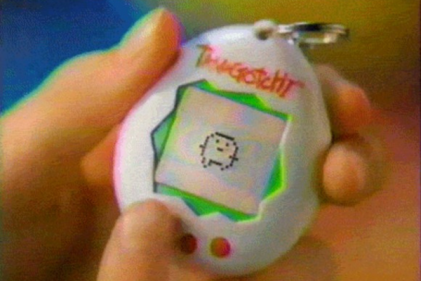Organic foods are not necessarily any better for your baby than non-organic ones. Organic foods are largely grown without the use of chemical pesticides, meaning that giving them to your baby helps you to avoid putting unhealthy substances into their body. However, EU regulations do allow a very limited amount of pesticides to be used in organic foods. Non-organic foods are also strictly regulated and chemicals used on them must be kept to a minimum. It has been noted however, that your baby shouldn’t come to any harm from eating foods containing pesticide residues because the levels are so low, however, you should always wash adn peel vegetables and remove the outer leaves of lettuce and cabbage. Scrub any vegetables you don’t peel under running water, and soak any fruit that are difficult to wash in a bowl, such as strawberries or grapes. Also, try to buy local produce as this will have far less pesticides. Organic foods are not proven to be more nutritious or beneficial in the long run, so it’s up to you whether you want to feed your baby solely organic foods. Organic milk does contain more Omega 3 fatty acids than non organic milk. Omega 3 protects against brain disease and has also been linked to improving brain development. However, oily fish; such as salmon, fresh tuna, and mackerel are a great source of Omega 3 too.
Lots of parents prefer to use organic food in spite of the price difference, to avoid chemical pesticides, but it really is your own personal decision as a parent. The important thing is to give your baby a varied and nutritious diet.





